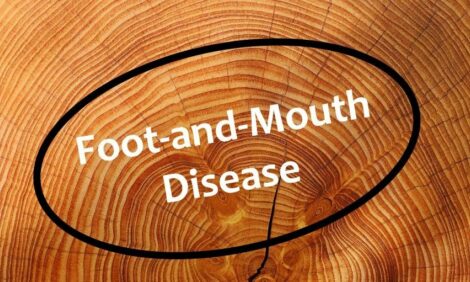



Tomato Seeds: A Novel Feed for Lactating Dairy Cows
GLOBAL - Whole tomato seeds have been fed to eight Holstein cows in a trial looking at reducing food waste from California’s fruit and vegetable sector.Replacing whole cotton seeds did not affect dry matter intake, lipid intake, milk yield or milk protein concentration, the University of California, Davis, study found.
However, tomato seeds lowered digestion of total fatty acids, crude protein and resulting milk fat concentration and fat milk yield.
Split equally, the cows were primiparous and multiparous, with the seeds being fed as 4, 2.4, 1.1 and 0 per cent of the dry matter ration.
Other by-product options are frequently used in US livestock rations and tomato seeds could provide a sustainable option, according to Melissa Woolpert writing for the William H Miner Institute in reaction to the study.
She noted the role of cows in converting indigestible products into nutrient rich milk.
Adapting to a variety of different type and blends of feed, cows are very much like flex fuel engines, she explained.
Citrus pulp, sugar beet pulp, cotton seed, almond hulls, baked goods, coffee and cocoa bean hulls are commonly used in feeding cattle.
The Journal of Dairy Science paper looked specifically at seeds, but previously, university trials have looked at tomato pomace as a whole in two major US growing regions - Ohio and California.
Broiler trials feeding tomato pomace – peels, seeds, cores and green tomatoes - have shown promising potential as a source of vitamin E to birds with no significant hit on body weight or feed net gain.
Pomace is wet and therefore difficult to store, but the University of Ohio study found pomace high in neutral detergent fibre with a “moderate amount” of crude protein and a net energy estimate “similar to that of corn silage.”
The California study said as much as 30 per cent of tomatoes used in salsa, paste, soup and puree industries is wasted.
This message was framed on a global level two years ago by the World Food and Agriculture Organisation when it underlined the environmental impacts of sending fruit and vegetable by-products to landfill.
The paper Utilization of fruit and vegetable wastes as livestock feed and as substrates for generation of other value-added products explored efficient use of feed resources, something “key to sustainable livestock development.”
Michael Priestley
News Team - Editor
Mainly production and market stories on ruminants sector. Works closely with sustainability consultants at FAI Farms



